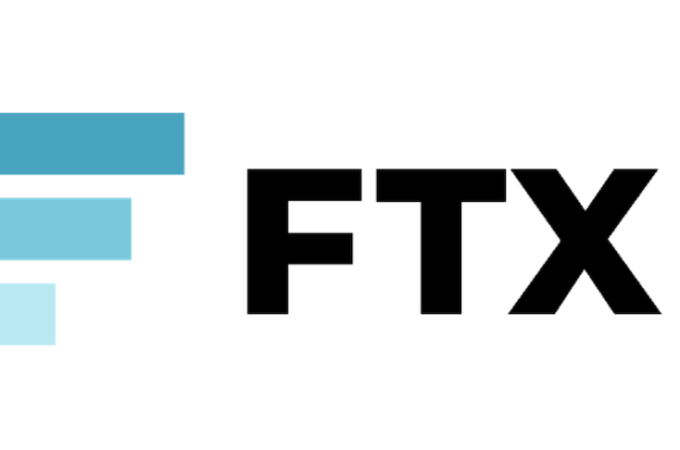
Forget How Blockchain Works, Talk About What It Does
By Martin Hagelstrom for coindesk
In this opinion piece, Hagelstrom analyzes CoinDesk articles from 2015 and 2016 to showcase the seismic shift in language used in the bitcoin and blockchain space and discusses how the community should react to this change.
We all should know by now that 2016 will be blockchain’s biggest year yet, and for good reason – financial incumbents are finding very clever ways to start investing and testing this technology without the fear of fueling what they perceive as a threat to their business models.
The key to this transition has been the rebranding of distributed ledgers and digital currencies under the larger banner term “blockchain”, a word that has become so common, it is suffering from a bit of fatigue.
But the admittedly vague term, “blockchain”, also comes without the bad publicity that still surrounds discussions of digital currencies, most notably bitcoin. And let’s be fair to the poor person who has to actually ask the board of directors for money. “Anonymous” and “unregulated” aren’t the most popular concepts in highly regulated industries.
However, this article is not about identifying the right approach to rebranding the industry; if private blockchains are secure or not; or whether they will really change the financial services business model.
It’s about how “blockchain” has become the most repeated word on the cryptocurrency world, even more than bitcoin, and about what we can do as a community once we accept this.
A look at the numbers
To underscore this point, here’s a word cloud generated by analyzing CoinDesk’s articles published over the past month.
As an experiment, I decided to drill down and analyzed all the articles where blockchain was part of the title this March and repeated this process for March 2015.
Then, I found my first setback. No single article published on CoinDesk in March 2015 had blockchain in the title. The hottest FinTech technology of 2016 wasn’t mentioned in a single headline a year ago.
To move forward, I analyzed the articles where blockchain was mentioned in the text.
Here are my results:
2015
2016
New observations
We went from “bitcoin”, “network”, “nodes” and “miners” to “blockchain”, “technology”, “smart contracts” and “applications”.
The wording has definitely changed and it is because the reader has also changed. The crypto-world is not just for developers anymore – business people are getting involved, and they’re changing the industry and its culture.
These are the people that are more worried about the possible use cases than the technology itself. They don’t really care how it works, as long it does. They care about what can be achieved with this new technology – efficiencies on business-to-business processes and new business models.
But, how do we as a community best to respond to this data?
My takeaway is that we need to attract the product guys to the mainstream. People buy TVs every day, and it is not because someone explains how they works. People buy TVs to watch their favorite shows or sports.
Technology is a means to achieve a goal, and from the looks of this word analysis, financial incumbents are starting to get curious about what they might do with this new technology.
Taking action
In short, we need to forget about ‘how the technology works’, and focus on ‘what the technology does’.
We may all love the tech, but if we really want to attract the masses, we should focus on the use cases for those masses.
Ask yourself how would to describe the Internet today?
Are you thinking about TCP and package routing or are you using words like chatting, Facebooking and Skyping?
Sure, the bitcoin community needs help from top marketers and creative professionals, but we can move the conversation forward as well by keeping this in mind and understanding our audience.







